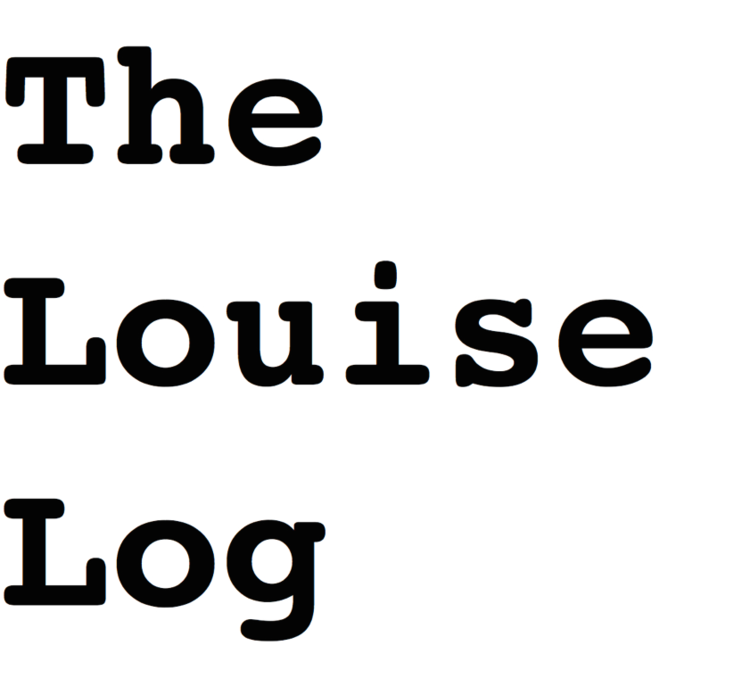(This post is a continuation of Wednesday’s. The first paragraph is repeated from that last post.)
I spent the rest of the next six years trying to become the most popular girl in the school. I’m not sure if my classmates would agree that I succeeded but I did get elected to a lot of positions. And I felt popular! Hey so what if I barely graduated?
The bad news is, appearing ‘cool’ (at least to myself) didn’t solve anything. If you scratched the surface, I was still as insecure as ever. And so this need to be ‘popular’ followed me to college where, even I could see that I wasn’t going to have the time or the energy to win over enough people to make a dent.
So like water changing its shape to get around a rock, I changed mine. I took on a whole new goal and identity and lived (with some righteousness) as an unknown, outsider ‘real’ artist. Hey, it’s cooler, actually, to be under the radar than to be mainstream. I majored in art history and could even give you a few examples.
This was all well and good … until I wanted to make a second feature film. You can get away with making a no-budget feature when you’re willing to live and work like a guerrilla film maker. With a baby, there was no way I could pull that off. But to get financing from the powers that be in Hollywood, you have to ‘know people’ or put time and energy into meeting them. And for that, your personal cool has to be tested by jumping through some pretty extreme hoops.
One of the great benefits of aging is tied to the great downside of aging: you realize you’ve only got so much more time and if you don’t get it now, you might just never get it. This awareness brought me squarely face to face with the fact that I didn’t have the courage (or the finances) to take on Hollywood in the way I would have to to get financing. Pitch meetings require a) relationships b) proximity to LA and c) more cool and courage than I had.
This is why I ended up making The Louise Log. Because I could. A one-hour tape cost $3 and I could do all the jobs (except acting) myself. I didn’t have to pitch or deal with anybody. I didn’t have to be cool. All I had to do was convince one person (eventually more) to do something on camera. In this case it was to convince Christine Cook to go to the farmers market, buy some vegetables and sit in a cafe. I immediately put myself on a schedule of cranking out an episode every month which ratcheted up the pressure and turned The Louise Log into the equivalent of intensive psychodrama therap. I was going to have to work out my issues.
Asking asking ASKING for help, for favors, for more help and more favors and then running out of subject matter and having to resort to … taking lines right from my journals?!! I was working at least 12, often 19 hour days and even with my ox-like strength and stamina, the experience pretty much broke me-- in a good way. It forced me to face and reveal a lot of stuff I’ve always kept well-hidden. Who knew that this stuff was the material of my life’s work? Listening to Brené Brown’s The Gifts of Imperfection this past week, I’m realizing that a lot of us are ashamed of who we are and that it’s in talking about it that we accept and get over it. And, as everybody knows, self-acceptance is the basis of true cool. Some people are lucky and are born into circumstances which instill them with a sense of their basic worth and worthiness. And then there are the rest of us.
I can’t say that I feel like I’m ‘cool’ today, but in fact, at my age, the expectations are a little different. I’m operating from a basic acceptance that I’m not cool and so what. And I’m determined to do what’s necessary to get into the rooms to pitch. I have The Louise Log as proof of concept and you as proof of an audience. And as my friend and colleague Jessica Arinella pointed out, it might not be that hard, the right people may appear, the right opportunity may just show up. In a nutshell that's how things worked with The Louise Log -- meeting Victoria Trestrail and Mathilde Dratwa on LinkedIn, Julie Clark Shubert on facebook. What's the likelihood of that??
I’ll keep you posted as I start taking the steps toward pitching our fake reality series to television. Stay tuned…
(And click on the Like button for a no-cal treat.) \o/


